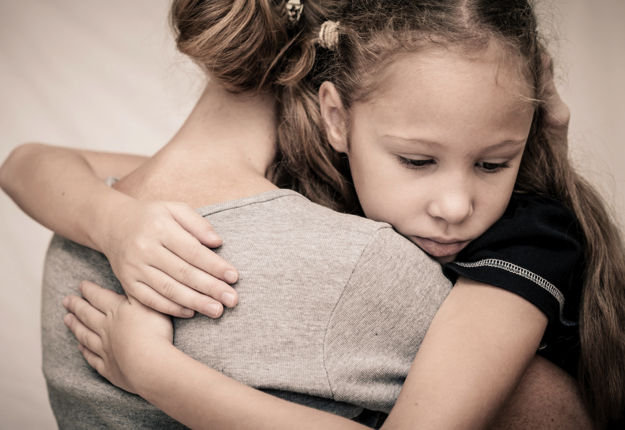When anxious, most people will focus on physical symptoms (ie stomach aches, head spins and so on).
Anxiety is a normal physiological response to unhelpful thoughts. However, it becomes an issue when it is frequent or interferes with progress or enjoyment of life.
If children have an understanding about anxiety and an opportunity to discuss their feelings, this is the first step to relieving some of the stress.
Here are some useful strategies to begin alleviating your childs’ (and your own) anxiety:
- Encourage your child to talk about worry or fears. Have a codeword or sign language if they aren’t willing/capable of discussing it at length.
- Teach them about anxiety. Let them know it is a natural physical response to thoughts (fight or flight response) and that they can create more positive thought processes to reduce the anxiety.
- Help them recognise their anxiety and become empowered. You can do this by asking these questions:
- If you woke tomorrow with no anxiety, what would you do?
- What do you feel might help you?
- If you are anxious, how would your family or teachers know?
- Praise progress and encourage disclosure and self-awareness.
- Encourage them to do things for other people to shift their focus.
- Model positive language and behaviour.
- Start a ‘courage journal’. They can either write or draw in this on a regularly basis (daily or weekly), detailing things they have done that have taken courage.
With the help of some psychological and neuroplasticity strategies, your child’s anxiety can be reduced and you can help them feel proud and confident.




















2:18 pm
6:48 am
10:09 pm
2:13 pm
10:10 pm
2:33 pm
3:09 pm
5:01 pm
10:57 am
9:59 pm
9:01 pm
7:30 pm
5:13 pm
1:17 pm
4:34 am
2:31 pm
2:09 pm
2:12 am
11:06 pm
7:48 pm
-

-
-
jrob71 replied
- 08 Oct 2014 , 9:06 pm
-

-
-
jacqpot replied
- 08 Oct 2014 , 10:15 pm
Reply- 1
- 2
- »
Post a commentTo post a review/comment please join us or login so we can allocate your points.